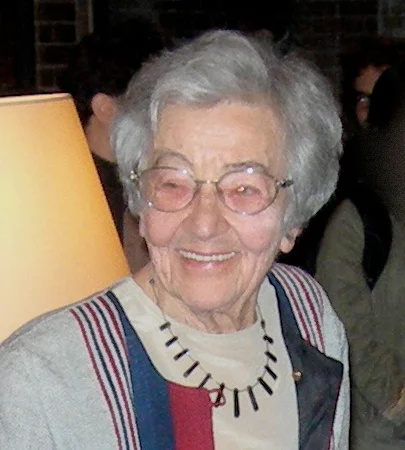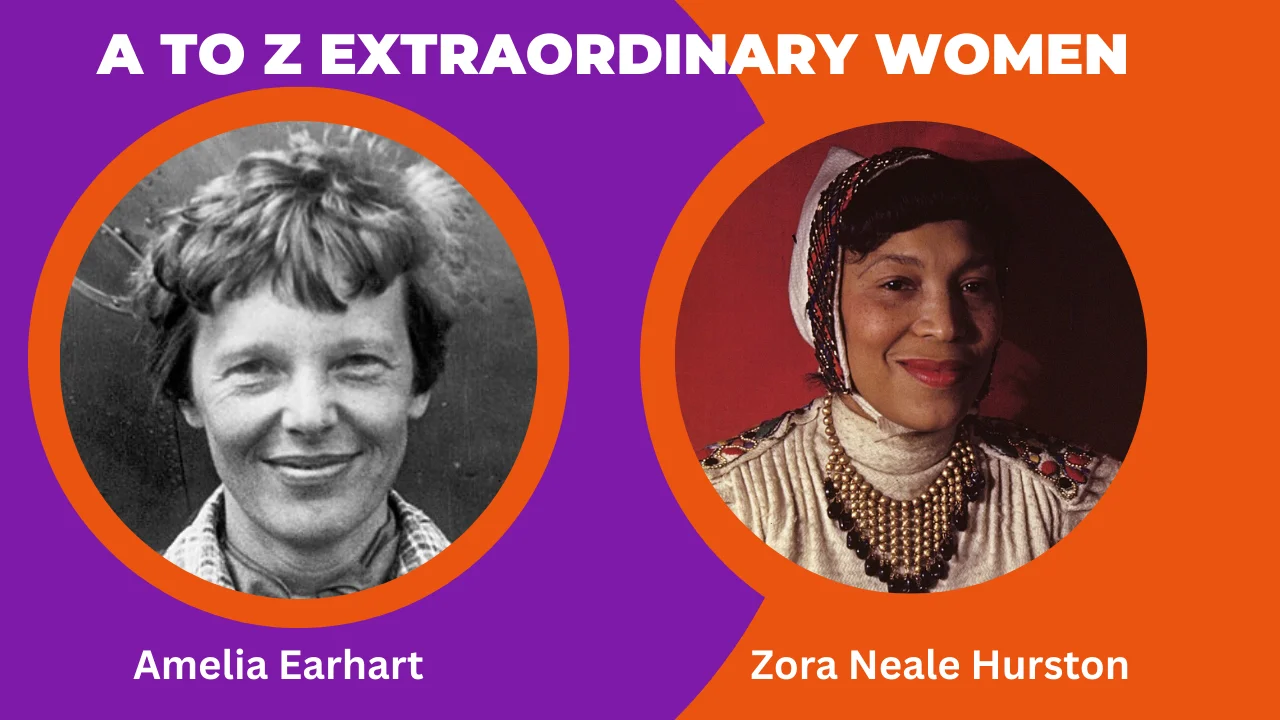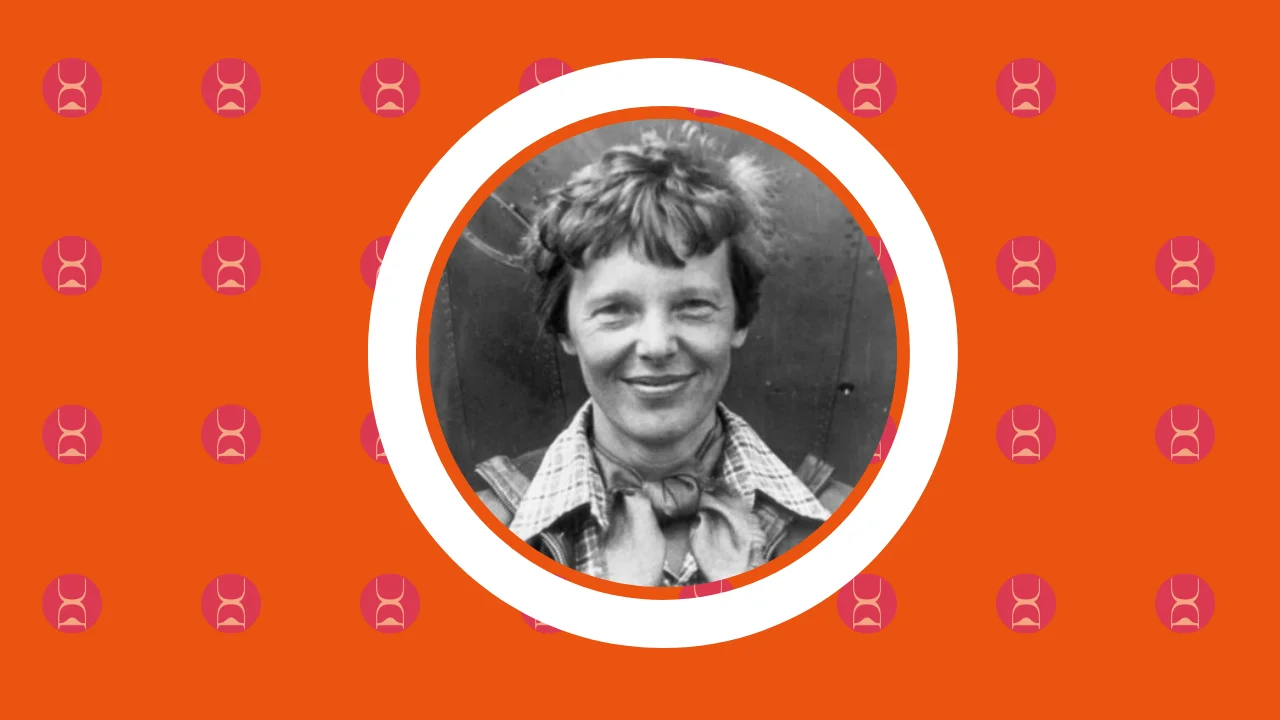The Legacy of Ursula Franklin: Science, Activism, and Equality
08 Mar 2025

Ursula Franklin was a well-known Canadian metallurgist, research physicist, author, and educator passionate about technology and metals. Franklin was also famous for her writings on the Political and Social effects of technology, especially for her book titled – The Real World of Technology, based on her 1989 Massey Lectures.
Franklin made excellent waves in the world of science and technology. This passion for science and technology made her spend 40 years teaching at the University of Toronto as a Professor during her career.
Aside from her interest in science and technology, she was devoted to fighting for pacifist and feminist causes. Franklin also got involved with humanitarian works inspired by her experience during her imprisonment in the Nazi labor camp in 1943.
“Peace is not the absence of war—peace is the absence of fear” – Ursula Franklin

Ursula Franklin was born in Munich, Germany, on 16 September 1921 to parents Albrecht Martius, a Lutheran archaeologist, and Ilse Maria Martius, an art historian. Franklin was the only child of her parents, who raised her in the protestant faith.
As a result of the Nazi persecution of the Jews during world war II, Franklin’s parents tried to send her to school in Britain, but the British refused to issue a visa to anyone under 18. Because of this, in 1940, Franklin had to move to Berlin to start her undergraduate studies in sciences but ended up getting expelled and imprisoned in the Nazi Labour camp in 1943 due to her mother’s Jewish background.
Before being forcefully imprisoned in the Nazi labor camp, she was studying chemistry and physics at Berlin University. This made her stay 18 months away from her parents, who interned in a concentration camp.
At the Nazi labor camp, Franklin spent most of her time repairing damaged buildings, and she also developed frostbite on her feet and legs due to the long hours working in cold conditions.
After the war, Franklin and her family survived The Holocaust and reunited in Berlin.
Lesson 1 – Resilience and compassion: Growing up was not a smooth ride for Franklin. She experienced some challenges, like getting imprisoned in a Nazi Labour camp for 18 months and being separated from her parents. This experience helped to shape her lifelong commitment to humanitarian work and peace activism.
After the end of world war, Franklin continued her studies at the Technical University of Berlin, earning her degree in 1946. Back then, Franklin decided to study sciences (specifically Mathematics and Physics) because they were not censored.

source: utoronto.ca
Franklin received a PhD in experimental physics from the Technical University of Berlin in 1948.
After receiving her PhD in 1948, Franklin started looking for opportunities in Germany but soon realized there was no place for someone fundamentally opposed to militarism and oppression. Due to this, Franklin moved to Canada after she got an offer for a postdoctoral fellowship in physics and metallurgy at the University of Toronto in 1949.
In 1952, Franklin started working at the Ontario Research Foundation. She worked there for 15 years before becoming a researcher and associate professor at the Department of Metallurgy and Materials Science, University of Toronto’s Faculty of Engineering, where she was an expert in metallurgy and materials science in 1967.
After a few years, Franklin was promoted to a full-time professor in 1973 and given the designation of University Professor in 1984, becoming the first female professor to receive the university’s highest honor.
During her time at the University of Toronto, she was a pioneer in the field of archaeometry, which applies modern materials analysis to archaeology. With this knowledge, she worked on dating bronze, copper, meta, and ceramic artifacts from prehistoric cultures in Canada and globally.
Franklin also explored how ancient civilizations made tools, how they used them to interact with their environments, and how using such tools shaped human cultures.
During her active career years, Franklin was one of the few scientists who participated in the Baby Tooth Survey, a project founded by Eric and Louise Reiss along with other scientists such as Barry Commoner, which investigated levels of strontium-90—a radioactive isotope in the fallout from nuclear weapons testing—in children’s teeth.

This particular research contributed to the cessation of atmospheric weapons testing. Also, as a member of the Science Council of Canada during the 1970s, Franklin chaired an influential study on conserving resources and protecting nature.
Franklin’s participation in the study helped to shape her ideas on the complexities of modern technological society. Franklin published more than a hundred scientific papers and contributions to books on the structure and properties of metals and alloys. And on the history and social effects of technology.
Aside from being a scientist, Franklin was a devoted activist, pacifist, and feminist during her lifetime. She was involved in numerous good causes that brought peace, justice, and equality. Franklin was active in the Voice of Women (now the Canadian Voice of Women for Peace). A leading social advocacy organization in Canada that promotes peace and disarmament.
Franklin also got involved in an organized campaign to win the right for conscientious objectors to redirect part of income taxes from military uses to peaceful purposes in the 1980s.
After her retirement, Franklin worked with Phyllis Grosskurth, Blanche Lemco van Ginkel, Cicely Watson, and their lawyer, Mary Eberts, to file a class action lawsuit against the University of Toronto for unjustly enriching themselves by paying women faculty less than comparably qualified men.
She was also involved in activities encouraging young women to pursue careers in science, promoting peace and social justice, and speaking and writing about the social effects of science and technology.
“The dream of a peaceful society to me is still the dream of a potluck supper. The society in which all can contribute and all can find friendship.” – Ursula Franklin
Lesson 2 – Challenging gender norms: Franklin was an advocate and feminist who believed in equality and treating women with respect and fairly. She advocated for causes that change the structures favoring men more than women in an equal environment. She also contributed to creating structures that enable women to fit into male-coded systems.
“Feminism isn’t an employment agency for women; it’s an alternative way of ordering the social space, in which women are the prototype rather than men. It is based on collaboration rather than competition. As a youngster, I still remember my feeling of joy that one could look at the earth differently. That’s feminism; everything is differently oriented. Seeing the same world with different eyes.” — Ursula Franklin
Franklin viewed technology in a different light. According to her, technology is a set of practices in the here and now rather than an array of machines or gadgets. Franklin saw technology as a powerful tool to help shape human cultures and society. She further shared her views on technology in her famous book titled “The Real World of Technology” based on her 1989 Massey Lectures.
Franklin urged everyone to become active citizens by learning about science and technology to take a stand on social issues, make informed decisions, and protest when necessary. This is to help combat the culture of compliance.
Lesson 3 – Using spare energy and talent for the common good: Franklin was one person who believed anyone with spare energy, money, and talent should use it for the common good of all as their obligation. That’s the essence of being a citizen. She believed in actively contributing to positive change in society.
Ursula Franklin got married to her husband, Fred Franklin, in 1952. Her husband, Fred Franklin, was an engineer of German Jewish ancestry who had been exposed to Quakerism while living in England, where he had been sent to boarding school to escape the Nazis in 1936 and remained until emigrating to Canada in 1948.
After the birth of their two children and with no family in Canada, the couple searched for a spiritual home and joined the Society of Friends (Quakers) in 1964. Franklin spent her last years in a nursing home with Fred, who survived her. She died on 22 July 2016 at the age of 94.
Ursula Franklin received numerous awards and honors for her works, contributions, and impact. Some of these Awards and Honors include;
Officer, Order of Canada (1981)
University Professor, University of Toronto (1984)
Fellow, Royal Society of Canada (1988)
Wiegand Award for Canadian Excellence, University of Waterloo (1989)
Order of Ontario (1990)
Governor General’s Award in Commemoration of the Persons Case (1991)
Sir John William Dawson Medal, Royal Society of Canada (1991)
Companion, Order of Canada (1992)
Pearson Peace Medal, United Nations Association in Canada (2002)
Canadian Science and Engineering Hall of Fame (2012)
Reference
Ursula Franklin Biography – Ursula Franklin Academy (ufacademy.org)
The humane world of Ursula Franklin, a scientist who wanted us to question technology | CBC Radio
Ursula Martius Franklin Quotes (Author of Real World of Technology) (goodreads.com)
Ursula Franklin a pioneer feminist, pacifist, scientist and social justice fighter – rabble.ca
https://docs.google.com/document/d/1QYxoeiBOQqGLnBsV6FvyPTINAhUMeFbDjWwPEVI9m8w/edit?usp=drivesdk




